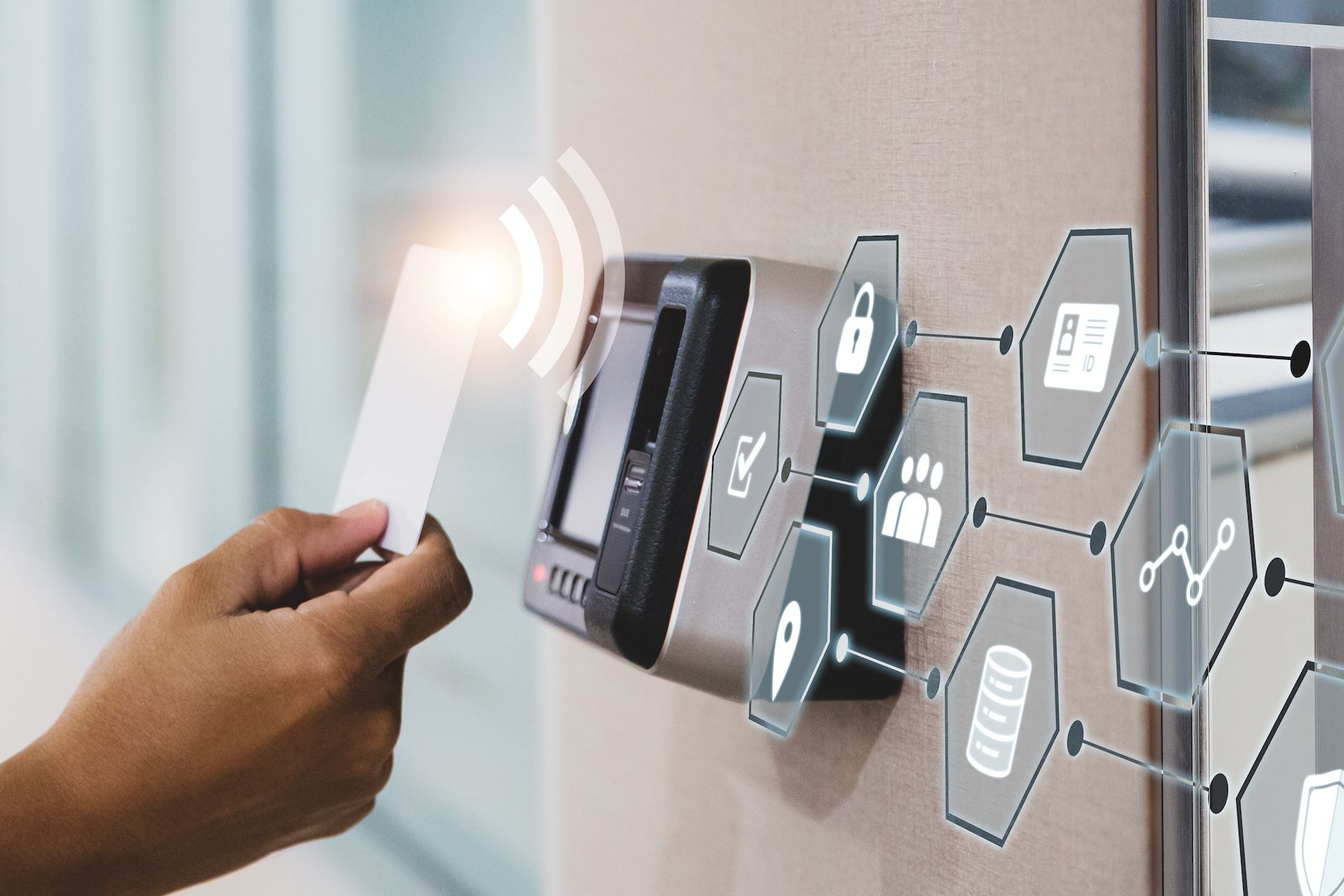What Is Home Automation and How Does It Work?
Technology is changing how we live, and one of the most exciting innovations is home automation. You may have heard of terms like “smart home” or “smart devices,” but what do they really mean? In simple words, home automation is the process of using technology to control and manage your home automatically, often with just your phone or voice.
In this guide, we’ll explain what home automation is, how it works, why it matters, and how you can set up your own smart home automation system. Whether you are completely new to the idea or just curious about upgrading your lifestyle, this article will give you clear, trustworthy, and practical insights.
What Is Home Automation?
Home automation means connecting devices, appliances, and systems in your home so they can work together and be controlled remotely. Instead of flipping a light switch, you can ask your voice assistant to turn on the lights. Instead of manually adjusting your thermostat, it can automatically change the temperature based on your routine.
At its core, a home automation system combines hardware (like smart plugs, cameras, and sensors) and software (apps and control platforms) to make your home more efficient, safe, and comfortable.
Some common examples of home automation include:
- Smart lights that turn on and off at set times.
- Security cameras that send alerts to your phone.
- Smart locks that let you unlock your door remotely.
- Thermostats that learn your preferences and adjust automatically.
How Does Home Automation Work?
To understand home automation working & setup, it helps to break it into three main parts:
1. Smart Devices
These are the gadgets in your home that connect to the internet or each other. Examples include smart bulbs, smart speakers, motion sensors, and connected appliances like refrigerators or washing machines.
2. Communication Networks
Smart devices need a way to “talk” to each other. They usually use Wi-Fi, Bluetooth, Zigbee, or Z-Wave. These communication methods allow devices to send information and commands back and forth.
3. Control System
This is how you manage your smart home automation. It could be a mobile app, a hub device, or even a voice assistant like Alexa, Google Assistant, or Siri. Through these platforms, you can give commands, check status updates, and automate schedules.
For example, if you say “Hey Google, lock the front door,” your phone sends a command through Wi-Fi to your smart lock, which then secures your home. That’s home automation in action.
Benefits of Home Automation
A smart home automation system is not just about being trendy. It provides real advantages for everyday life.
- Convenience – Control your entire home from your phone or by voice.
- Energy Savings – Smart thermostats and lights can reduce energy bills by using power only when needed.
- Security – Get instant alerts for unusual activity with smart cameras, motion sensors, and locks.
- Comfort – Automated temperature and lighting adjustments make your home more relaxing.
- Accessibility – Home automation makes life easier for seniors or people with disabilities by offering voice or remote control.
How to Set Up a Home Automation System
Setting up a home automation system can be simple or advanced, depending on your needs and budget. Here’s a step-by-step look at the home automation working & setup process:
Step 1: Decide What You Want to Automate
Do you want better security? Lower energy bills? Entertainment control? Make a list of your priorities before you start.
Step 2: Choose a Hub or Platform
Many homeowners use Amazon Alexa, Google Home, or Apple HomeKit. These platforms act as the “brain” of your system.
Step 3: Pick Compatible Devices
Not all devices work with every platform. Before buying, check if your smart light bulbs, cameras, or plugs can connect with your chosen hub.
Step 4: Install and Connect Devices
Most devices are easy to set up with simple instructions. For example, plug in a smart bulb, connect it to Wi-Fi, and link it to your app.
Step 5: Create Automation Routines
This is where the magic happens. For example:
- Lights turn on automatically when you arrive home.
- The thermostat lowers the temperature when you leave.
- Security cameras record when motion is detected.
Step 6: Test and Improve
Check if everything works smoothly. If not, adjust settings until your system fits your lifestyle.
Real-Life Example of Smart Home Automation
Imagine this scenario: You’re on your way home after work. With a home automation system, your thermostat has already adjusted the temperature to your liking. The porch light turns on when it detects motion. Your smart lock unlocks as you approach the door, and calming music begins playing through your speakers.
That’s the power of smart home automation, it makes your home work for you.
Is Home Automation Safe?
Security is an important part of home automation. While smart devices make life easier, they are connected to the internet, which means they could be at risk if not properly secured. To keep your system safe:
- Always use strong, unique passwords.
- Keep your devices updated with the latest software.
- Buy products from trusted brands with good security standards.
When set up correctly, a home automation system can actually improve your safety, especially with smart locks, cameras, and alarms.
Future of Home Automation
The future of home automation looks even more exciting. Artificial intelligence (AI) will allow systems to learn from your habits and make smarter choices. For example, your home may learn your daily routine and adjust everything—lights, temperature, and appliances—without you lifting a finger.
With the growth of sustainable living, smart homes will also focus more on energy efficiency and eco-friendly solutions.
Final Thoughts
Home automation is no longer just for tech enthusiasts—it’s for everyone. A smart home automation system can make your life safer, more comfortable, and more efficient. Whether you start small with a smart speaker or build a full system, the benefits are clear.
Ready to transform your house into a smart home? Contact AMJ Technology Solution today to explore the best home automation options for your needs.
FAQs About Home Automation
What is the difference between a smart home and home automation?
A smart home is the result of using home automation systems. Home automation is the process that makes a home “smart.
Can I set up home automation on my own?
Yes! Many devices are designed for easy DIY setup. However, for large systems, you may want professional installation.
Is home automation expensive?
It depends on the devices you choose. You can start small with a few smart plugs or bulbs and expand over time.
Do I need Wi-Fi for home automation?
Most devices require Wi-Fi, but some also work with Bluetooth, Zigbee, or Z-Wave.
Can home automation save money?
Yes. Smart thermostats, energy-efficient lighting, and automated controls can help reduce electricity bills over time.
Disclaimer: The information on this website and blog is for general informational purposes only and is not professional advice. We make no guarantees of accuracy or completeness. We disclaim all liability for errors, omissions, or reliance on this content. Always consult a qualified professional for specific guidance.





